Our Learning Culture
At Our Lady of Lourdes we believe in supporting all our children to be the most successful learner they can be.
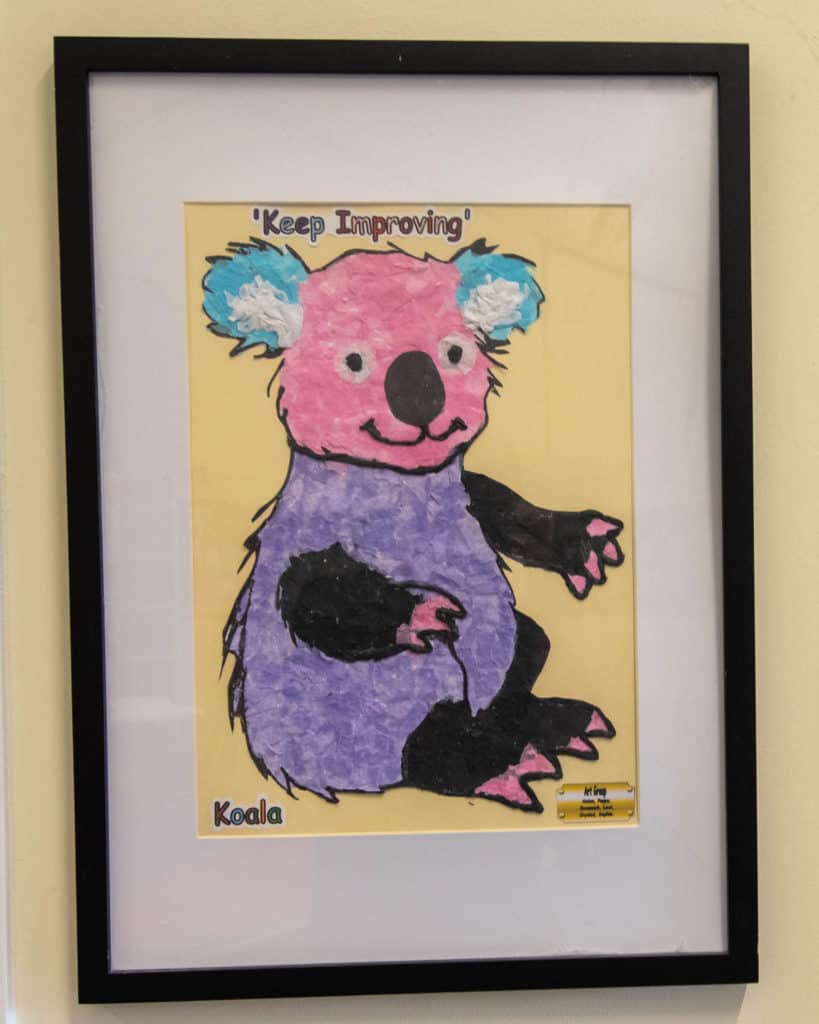
"I value the balance between fostering a nurturing environment with one where children are supported in both their spiritual and educational journey – one in which they feel safe to have a go."
Parent Survey
2018
We believe it is important to set a firm foundation for all children and have developed a Learning Culture in the school based on Shirley Clarke’s Formative Assessment.
This starts in each year group by getting the children to understand what makes a good attitude for learning. By using an analogy based on the brain being seen as a muscle, the children quickly understand that ‘intelligence’ is owned by everyone. By putting in effort, as we do in growing muscles through exercise, all children are intelligent and grow their intelligence through effort and owning a ‘Growth Mind-set’.
A ‘Growth Mind-Set’ is achieved by knowing: all intelligence is expandable, challenge is embraced, to persist in the face of setbacks, see effort as the way and learn from constructive feedback. Children realise that through this they can reach ever higher levels of achievement and their full potential. The sky really is not the limit but just the beginning!
The children learn through a combination of a series of lessons, and being introduced to eight learning skills as characters, how to become the most successful learner they can be. Here we introduce you to the eight learning characteristics and skills that children meet in KS1 and KS2.
As children progress into Year 4, 5 and 6 we assist their transition to secondary school by teaching them specifically about Learning Habits. We’ve identified 6 aspects to this which, if practiced, aid children in being highly effective Life Long Learners.
- Be ready to learn – make sure you have what you need, are rested, fed and hydrated.
- Make sure you know what to do and that the criteria for your success is clear.
- Be ready to ask and answer questions, take part in the lesson, be active in the task, don’t just let it happen!
- Be prepared to share ideas with each other, solve problems together, help each other complete the task.
- Think about how what you’ve done before can help you with the task you’re working on.
- Reflect on what you’re doing as you’re working. Are things working in the way you wanted, is there something that needs to change? Does your work show off how clever you are?
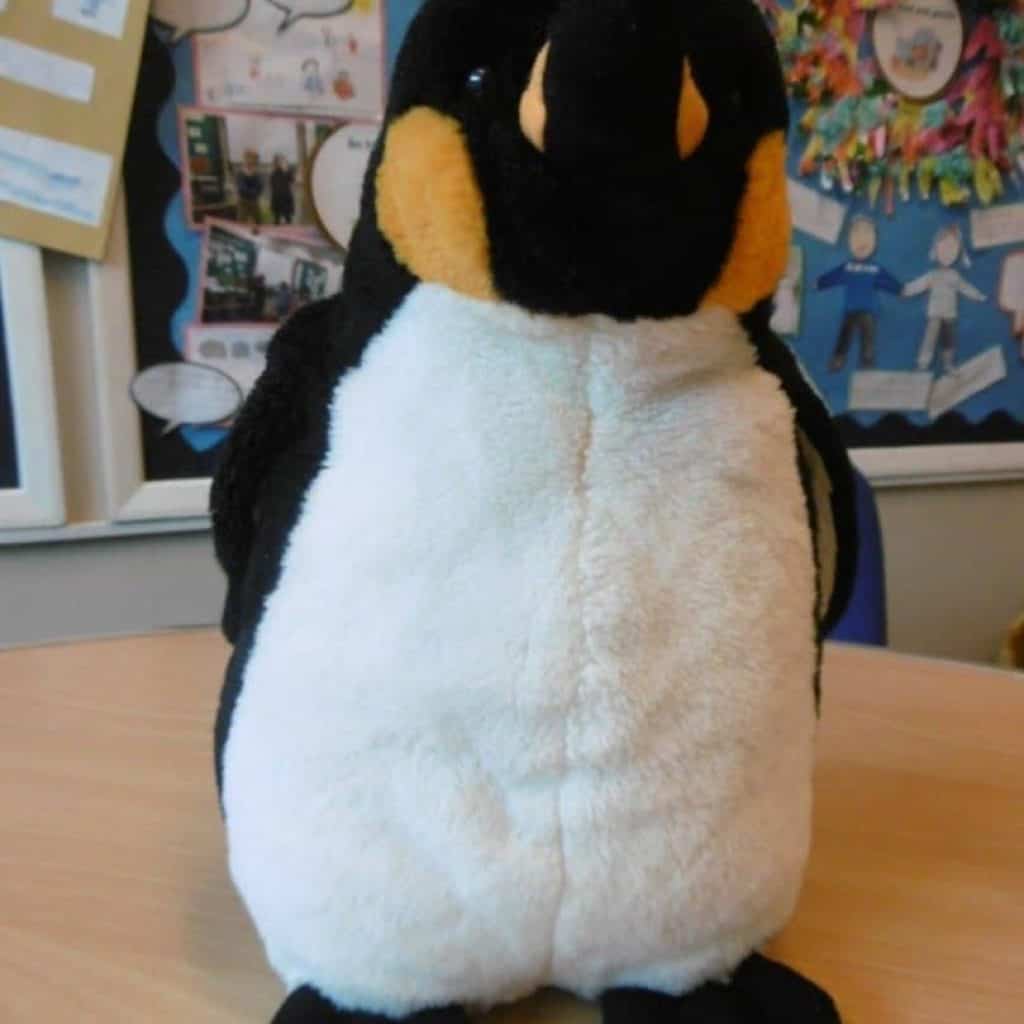
You are a
‘Perseverance’ Penguin
if you
- Work hard
- Practise lots
- Keep going
- Try new strategies
- Ask for help
- Start again
- Take a brain break

You are a
‘Keep Improving’ Koala
if you
- Keep reviewing your work
- Identify your best bits
- Improve one thing first
- Try to be better than last time
- Don’t compare yourself to others, only yourself!
- Take small steps
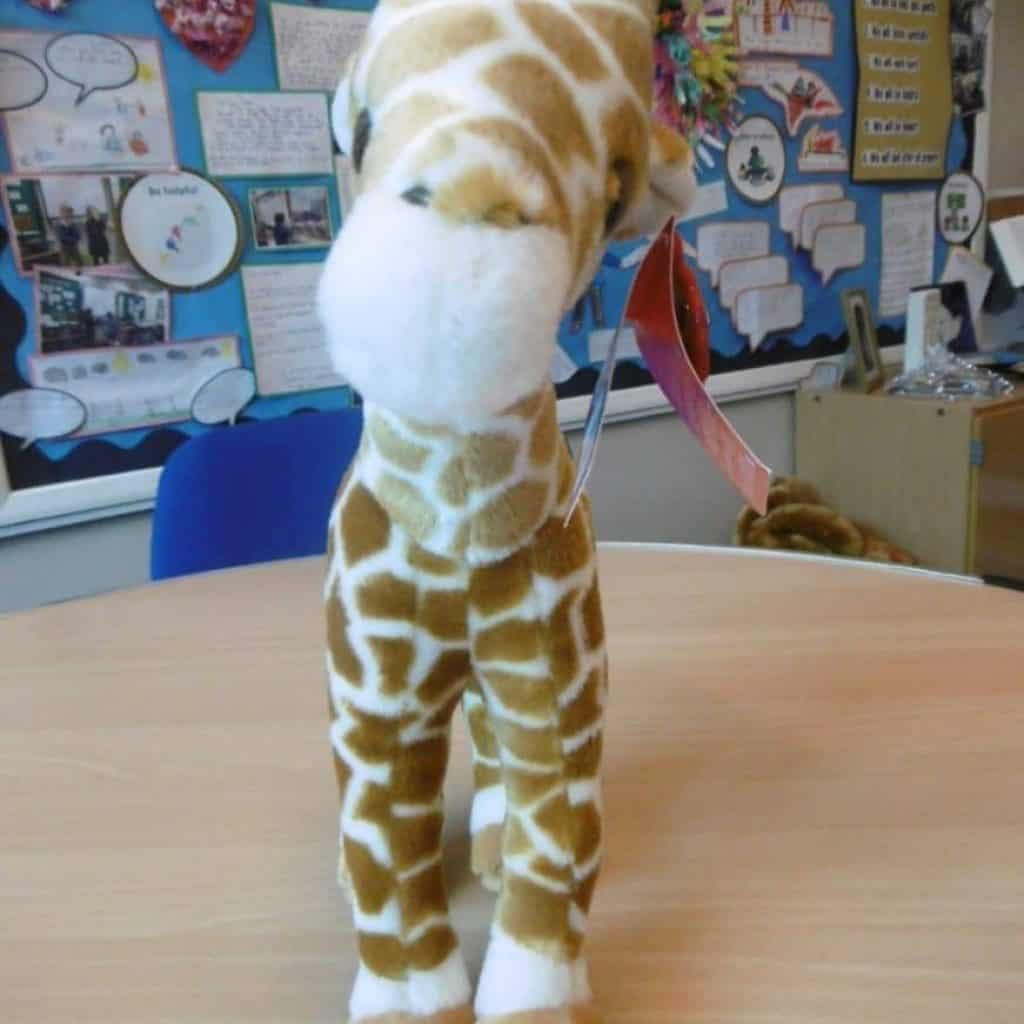
You are
‘Imagination’ Giraffe
if you
- Are creative
- Let your imagination go
- Think up new ideas and questions
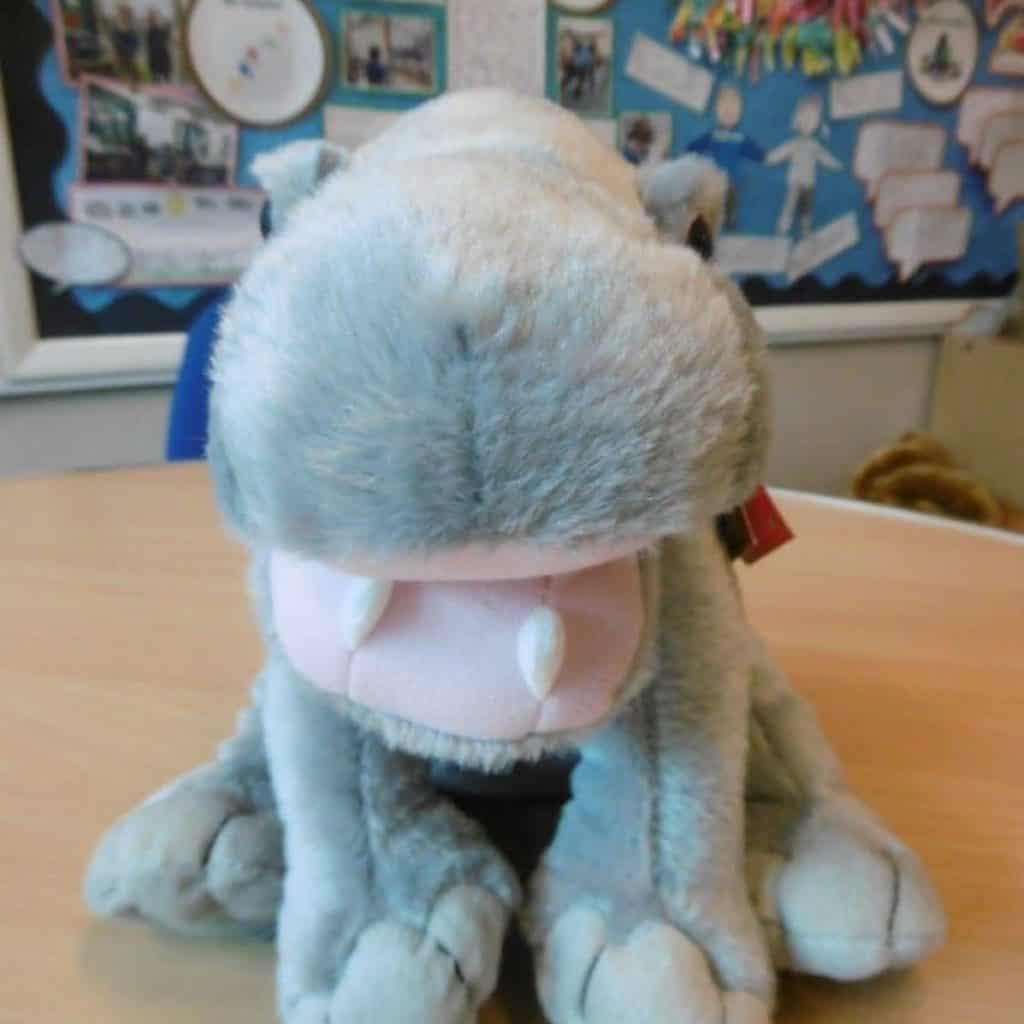
You are a
‘Have a Go’ Hippo
if you
- Have a growth mindset
- Don’t worry if it goes wrong
- Learn from mistakes
- Be excited to try new things
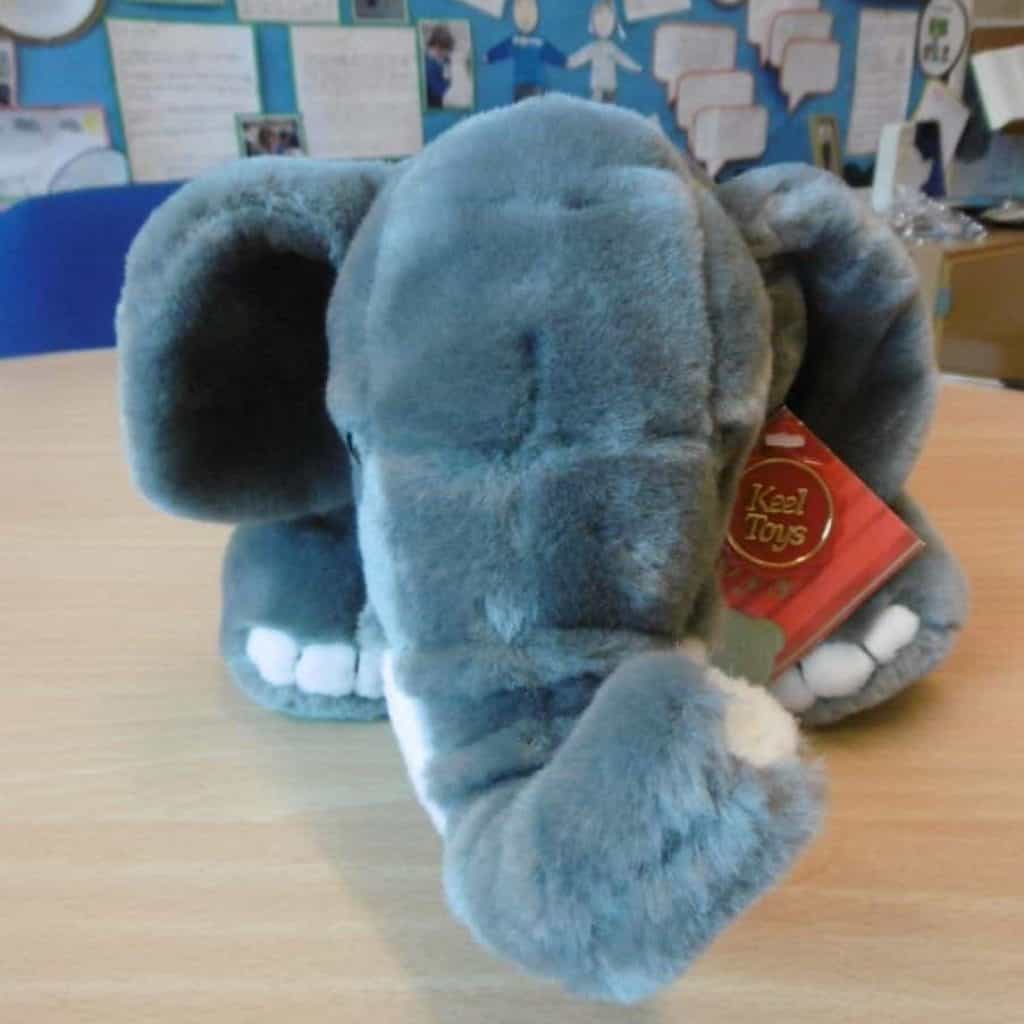
You are
‘Enjoy Learning’ Elephant
if you
- Feel proud of all your achievements
- Feel your neurons connecting!
- Imagine your intelligence growing by the minute!
- Use what you have learnt in real life
- Know you can do it if you have input and you practise
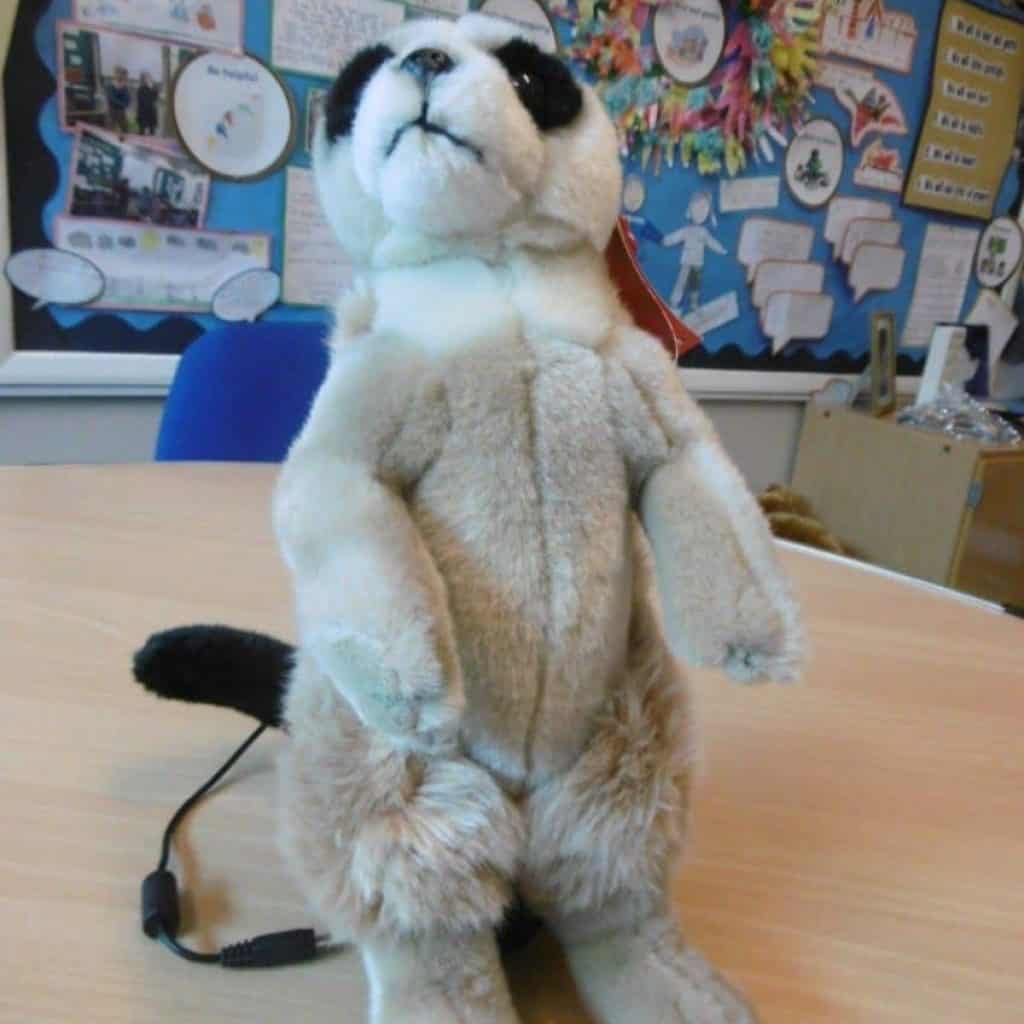
You are
‘Curiosity’ Meerkat
if you
- Ask questions
- Notice things
- Look for patterns and connections
- Think of possible reasons
- Research
- Ask ‘What if..?’
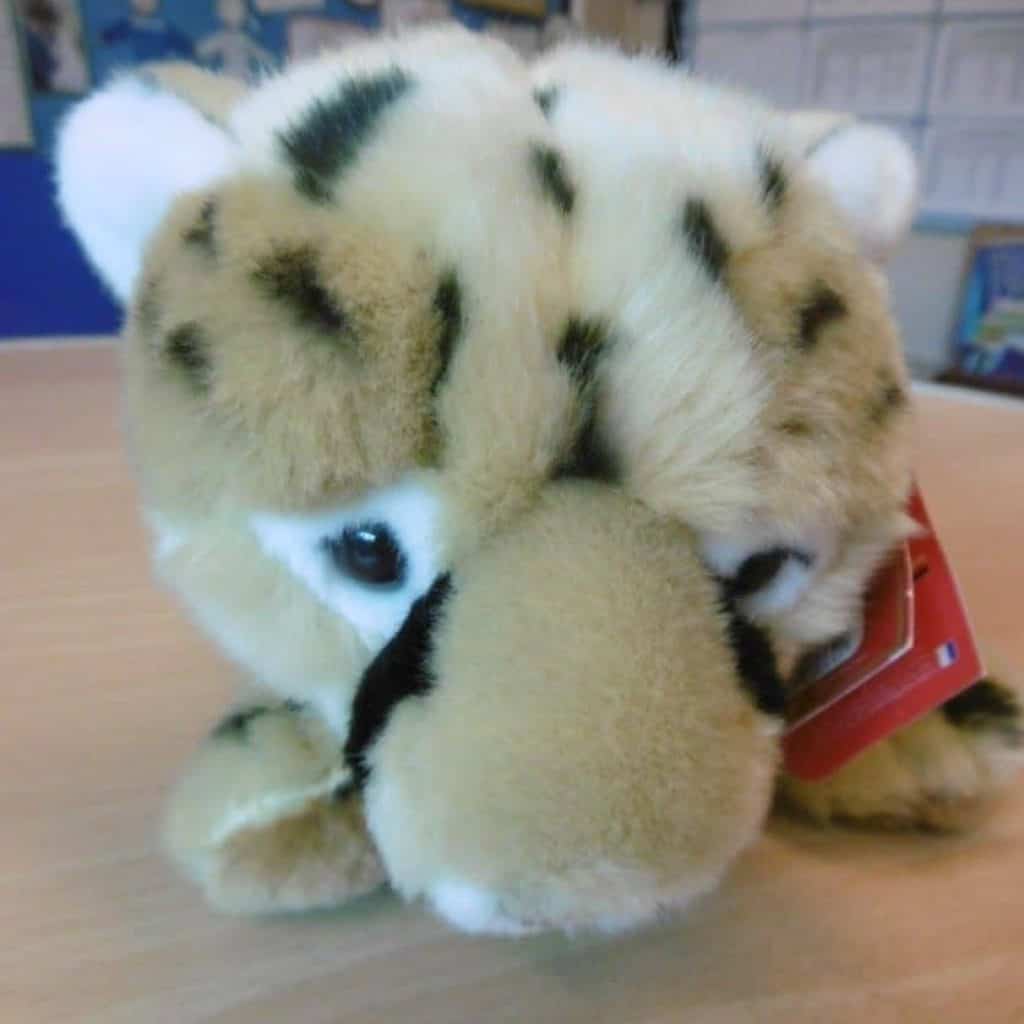
You are
‘Cooperation’ Cheetah
if you
- Listen to others
- Say when you don’t understand
- Be kind when you disagree
- Explain things to help others
- Be tolerant
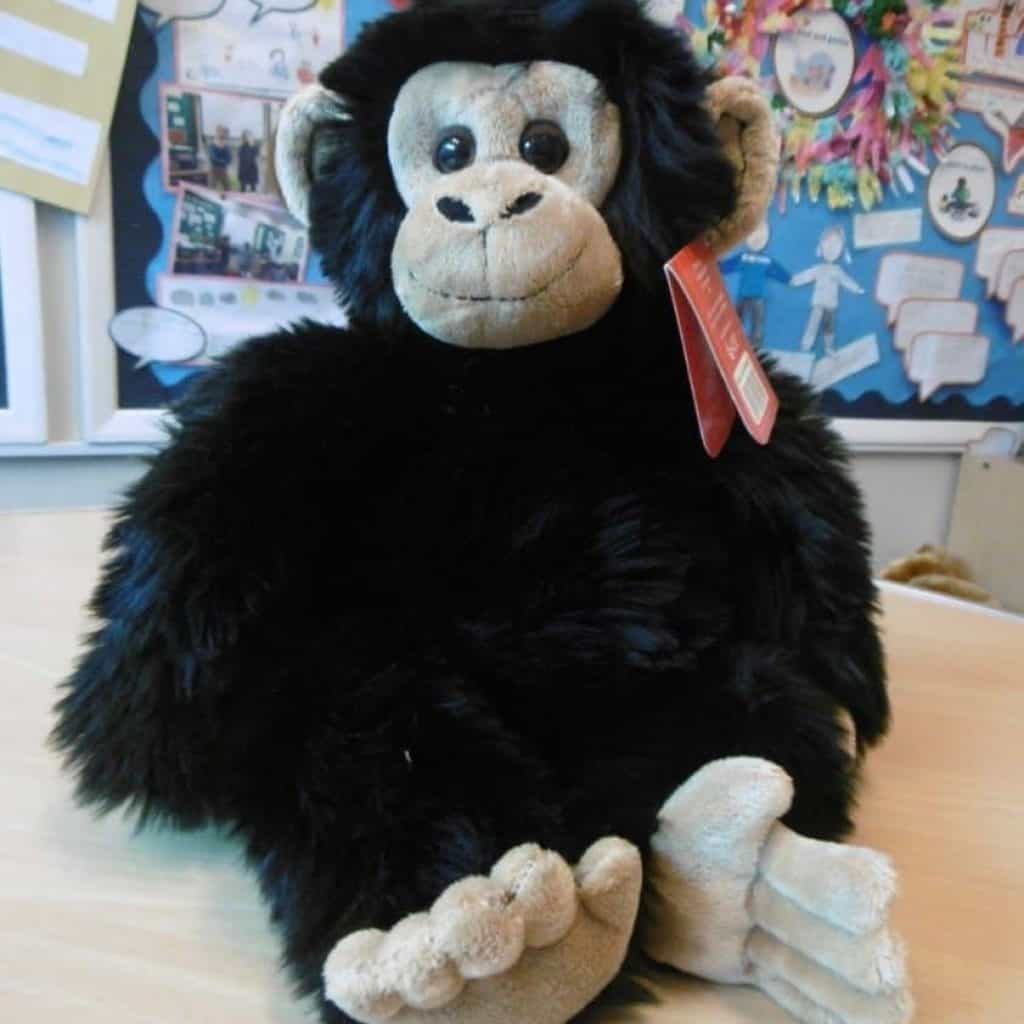
You are a
‘Concentration’ Chimp
if you
- Manage distractions
- Get lost in the task
- Do one thing at a time
- Break things down
- Plan and think it through
- Draw diagrams, jot down thoughts or things which help you think








